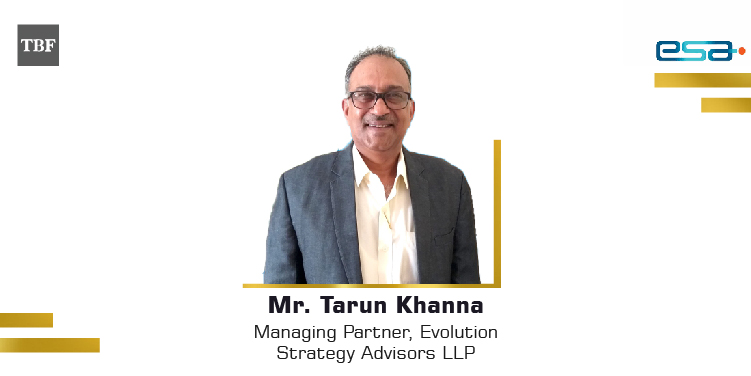Continuously evolving customers needs puts a challenge on brands to continue being in the customers’ consideration set. A company, while being successful in the past may be addressing a customer segment whose needs may be fast changing with urbanization, globalization and exposure to the online world. With increased disposal income and easy finance customers are upgrading to premium or better products/ brands. A brands’ ability to address this changing customer needs of an upwardly moving customer or an emerging segment is a “must” for continued success.
This being the business environment, Indian Brands are faced with a slew of challenges – should they re-position, or launch new products or brands that convey their re-worked positioning. Such decisions carry the weight of time, capability and resources, besides an inherent risk of failure or change of commitment to the existing brand. Brands who were in the mobile space in the yesteryears are moving to introduce IOT based products. Due to technology products are becoming obsolete or merging into new ones, line wrist watches, camera, the fountain or gel pen etc. Traditional brown goods manufacturers like fans are digitizing their products to be remote controlled or controlled by mobiles.
This is a leap of technology which may be difficult for an existing brand to take. Each brand has its identity and perceptions attached to it apart from a large customer base. Adding on to this is could be a range of existing products which would be having a large market. These customers may get alienated with this new positioning. Seeking new customer segments within the same brand may be an expensive, long drawn process – a risky one too as some brands maybe skewed to rural or very functional products and may lose their existing customer base due to this change.
Is there an answer to the above scenario? Is there a viable business opportunity to re-position, re-cast the product portfolio and seek new customer segments – all of this while yet conserving time and resources?
In a business era where technology is king and products have short life cycles, where time & timeliness are the key to prosperity a smart solution lies in launching a licensed brand – an international brand that’s accessible to India. An international name can help an Indian organisation offer a technologically superior product in the premium or growing segment without affecting its core customer or product offering. The advantage of using a licensed brand is: an aura of an international image as well as the brands association with technology, and trust. In technology products it’s important to offer a trusted brand which also implies durability and quality.
Worldwide, Licensing is big business with Licensed brands’ annual business volumes exceeding 270 Bn $. Many names have been established through licensing, foremost Walt Disney with annual business volumes of 60 Bn $. Other significant successes are Apple (for accessories), Star Wars, Burger King (T Shirts), TGIF (frozen appetizers ) .
In India too, this trend is on the upswing, though lots of unexplored potential still exists. We see many successful examples – Jockey , Levis , Enamour , Tommy Hilfiger , Nautica ,Arrow ,Cherokee, , Calvin Klein , also some in the consumer durable space -examples being Compaq for televisions , Blaupunkt for Televisions , Kodak , Kelvinator, Sansui, Akai for electronics. Westinghouse, Morphy Richards, Kenwood for electronic and small domestic appliances. While there are numerable examples in the clothing , kids merchandise and food arena , lots of unexplored potential lies in the technology, electronics and durables’ space.
In the same breath, a strong Indian brand may want to go global– a similar opportunity exists – of creating a global presence through licensing agreements outside India.
The core of licensing of brands is its ability to expand to product categories that mark a strong “associative” strength with its core brand offering. For instance a brand known for computers can it not launch a TV or computer accessories. For a licensor, offering the brand on license is a “ Brand extension” strategy. The Licensee company gains from the reduced investment in establishing a international licensed brand name and trust quickly with minimum brand investments and high customer acceptance.
Key steps to a longstanding Licensed brand relationship – besides sharp due diligence factors, are a common set of values and ambitions. Equally important is the fitment of product portfolio with the licensee’s current offering. Clearly defined business objectives and milestones help the licensor and licensee be on the same page. The royalty payout is insignificant when compared to the speed to market’s brand acceptance which resulting in quicker sales and a ROI.
Signing on an International Brand license has its many advantages – An international brand, a new product portfolio, an extended or new distribution channel , improved margins, a refreshed presentation of the Indian company, access to proven brand properties -all of this in a time frame much shorter than that of a home grown new brand which would need to change and upgrade. We all know how difficult it is to upgrade a brands image.
Presentation of cutting edge technology is another powerful reason why a Brand Licensing arrangement would be useful – in electronics where technology keeps advancing, an International brand brings to the table credibility for the product range and for the Licensee. In the same vein, for a company, say in consumer durables, to launch an entirely different portfolio, say green products or iot or home security products in a credible manner – an International Brand would certainly help .
Longevity and trust are built by a well-defined agreement that protects the rights of the Licensee and Licensor , transparency in data sharing as also fairness in efforts to yield optimal results .
In summary, excellence is a moving target and in this pursuit of excellence ,a brand and company may benefit well by launching a licensed brand – quickly and surely !
Tarun Khanna
Managing Partner
Evolution Strategy Advisors LLP.
tarun@theevolutionconsulting.com










